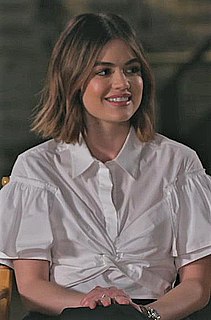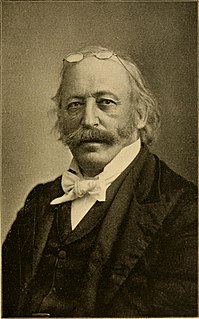A Quote by Glenn Ligon
At some point I realized that the text was the painting and that everything else was extraneous. The painting became the act of writing a text on a canvas, but in all my work, text turns into abstraction.
Quote Topics
Related Quotes
With Orff it is text, text, text - the music always subordinate. Not so with me. In 'Magnificat,' the text is important, but in some places I'm writing just music and not caring about text. Sometimes I'm using extremely complicated polyphony where the text is completely buried. So no, I am not another Orff, and I'm not primitive.
Jazz musicians like John Coltrane needed these very clear titles for their abstract music, and your decision to bring voices into your music as a way to tap into content. It's related to the way my text-based work still functions as abstraction for me. If I repeat a sentence down a canvas, the text starts to smudge and disappear. It essentially becomes an abstract piece. The meaning of the text is still there.
The discourse on the Text should itself be nothing other than text, research, textual activity, since the Text is that social space which leaves no language safe, outside, nor any subject of the enunciation in position as judge, master, analyst, confessor, decoder. The theory of the Text can coincide only with a practice of writing.
The meaning of a work is not what the author had in mind at some point, nor is it simply a property of the text or the experience of a reader. Meaning is an inescapable notion because it is not something simple or simply determined. It is simultaneously an experience of a subject and a property of a text. It is both what we understand and what in the text we try to understand.
I think whether you are a judge on my court or whether you are a judge on a court of appeals or any court, and lawyers too - and if you're interested in law yourself, you'll be in the same situation - you have a text that isn't clear. If the text is clear, you follow the text. If the text isn't clear, you have to work out what it means. And that requires context.
I overanalyze things way too much, to the point where it affects my life. Like, when I'm talking to a boy, I'll overanalyze a text message he sent. And I have to think to myself, 'Just chill out. Some guy sent me a text message. That's all. Don't read something into it that's not there. Just be glad he sent you a text message!'
The inspiration is all in the script, in the text. So whatever it is, either it is a film or a book to be illustrated, anything. Everything you need to know is in the text. So the thing is trying to find right tone and voice, the right style, the right way of expressing the emotions in a story or in the location of the story, but it is all in the text.






































